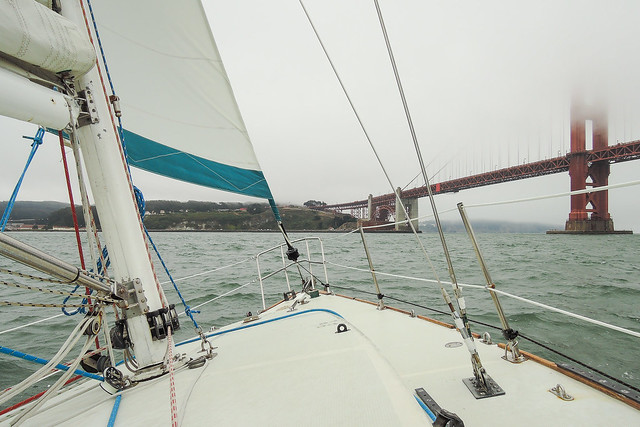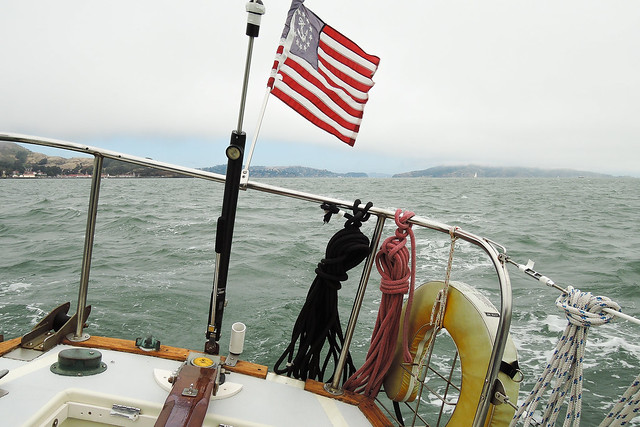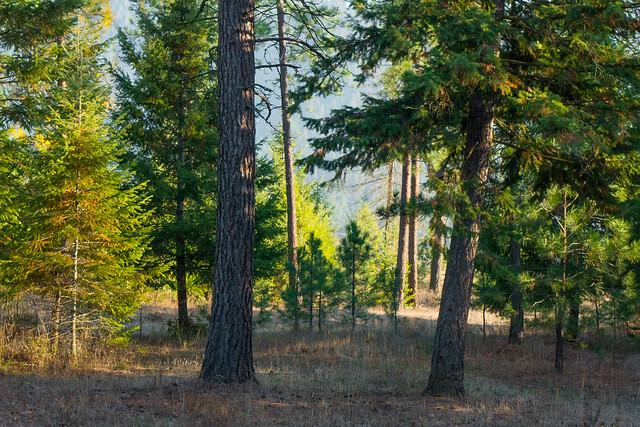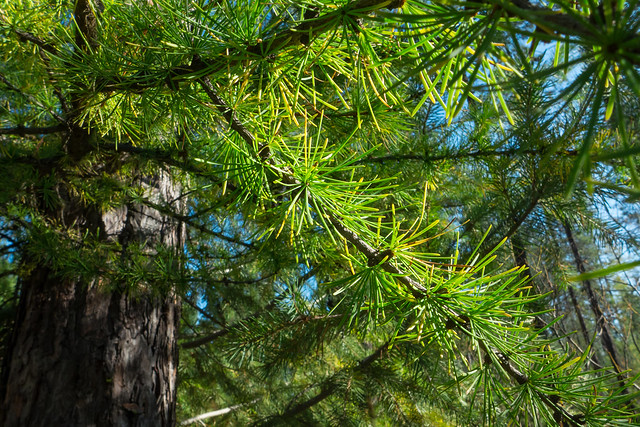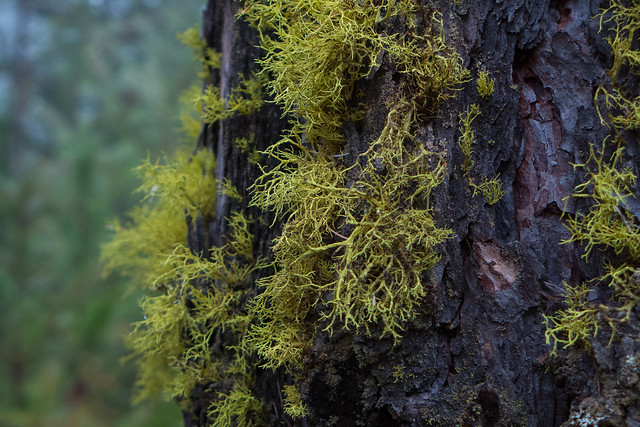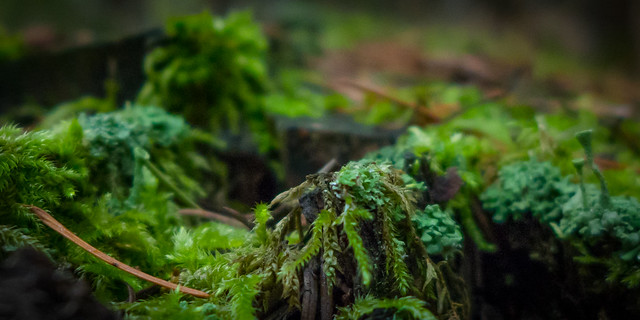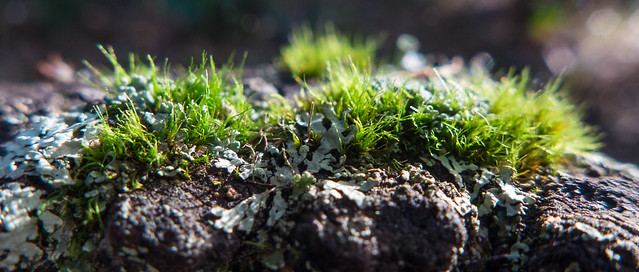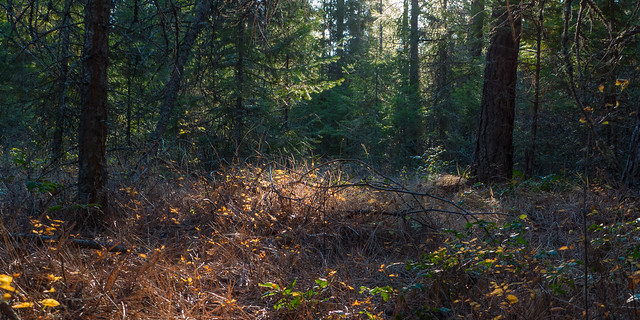Book review (and promotion):
Freedom to Doubt by Charles Shingledecker. Tellectual Press (Valley, WA 2013).
A few years ago, when I was beginning to actually think about the
religion that had occupied a central place in my life for decades, I
began listening to Robert M. Price’s The Bible Geek
podcast. Dr. Price provides detailed answers to the varied questions
listeners ask him about the Bible and theology, Christian or
otherwise. One of those listeners whose questions really resonated
with me in my fearful, doubting state was some anonymous guy who
called himself “Chuck the agnostic Christian.”
I emailed Dr. Price and asked if he would put me in contact with this
Chuck character, who seemed like a kindred spirit. At that point,
there were precious few such people in my life, Christians who were
honest enough about their doubts to even admit the possibility that
our cherished beliefs might in fact be wrong, who could nod their
heads in understanding instead of shaking them in judgment. We
corresponded, compared notes about our dark nights of the soul, traded
stories about some people in our respective branches of Christianity
considering themselves the only true Christians, and each of us felt
just a little bit less alone.
Since then, I have put Christianity aside—reluctantly but
firmly—while Chuck has not. I’ve also met many more people like him,
to whom honesty is more important than mere piety. Some of them can
only afford to be honest with themselves. Others express their doubts
and disbelief more openly, sometimes paying a steep social price for
doing so.
For many, changing the religious label has been important, even a
long-sought milestone. They can finally claim an authentic
self-identity. Chuck’s current view of himself seems to me like a
healthy one, even if there remains some tension in it:
Why do I remain a Christian despite all of my doubts, having so much
in common with the doubters, skeptics, and religious critics out
there who dig into the foundations of Christianity, only to discover
that the entire structure is held together by nothing more than a
thin and tattered piece of twine that appears as if it might snap at
any moment? The answer is that I simply remain a person of faith.
…
[D]espite all my doubts, and the intellectual knowledge that there
might not actually be anything beyond the shadows of this world, my
faith is not something I could easily discard. Nor would I want
to. It is a part of who I am, as much as my doubt is.

Charles Shingledecker, doubter
That confession of emphatically lukewarm faith is from Chuck’s new
book Freedom to Doubt (p. 186), which my tiny publishing company
Tellectual Press has made its second
project. Chuck approached me about possibly publishing his work after
reading Tellectual’s first book, Evolving out of Eden. I looked over
his manuscript, and liked what I saw.
After thoroughly examining and getting tired of making excuses for my
childhood religion, I wound up ditching the whole thing, unlike
Chuck. But I appreciate depth of thought, humor, and honesty, and saw
all of those qualities in Chuck’s writing. And he doesn’t make
excuses; he discusses quite a few of Christianity’s trouble spots in
all candor.
This is not a book of canned reassurance for fundamentalists, nor is
it some angry atheist attack on religion. It is a source of light and
comfort for those who have already started down a difficult journey of
questioning their faith. While editing the book, I thought many times
of various friends stuck in my own old sect of very conservative
Christianity, and how much they might benefit from reading it. Here’s
one passage (pp. 176-77) that I would particularly like to highlight
for troubled Laestadians:
Some days, my mind tells me that all religion is bogus while at the
same time my heart tells me there simply must be something more to
this earthly existence. And through it all, I’ve come to one
conclusion: For those of us who constantly wrestle with doubt, the
famous words of Mark 9:24 (“Lord I believe: help my unbelief”) will
surely “remain our constant prayer right up to the very gates of
death” (Ware 2001 [The Orthodox Way], 16).
Such honesty about our faith may not be what others want, or expect
of us. It may not be enough to convince our friends, neighbors,
priests, and pastors that we’re “good and faithful Christians.” But
it may very well be the best we can offer. Unfortunately, sometimes
the best we can offer simply isn’t enough for some
denominations. Especially those that claim they are the “one true
Church,” by which they mean the only true Church. Often the truth
claims of these fundamentalist communities are intolerant of doubt,
and sometimes openly hostile to it. For them, the act of questioning
is opposed to their entire religious worldview.
Why might they feel that way? Well, doubt is often the intuitive side
of our brain telling us there is something wrong with what it is
we’ve been taught. If your Church is opposed to honest inquiry about
its particular doctrines or even the depths of Christian belief
itself, you might find it necessary to look for a more balanced
community. Not only out of respect for the faith that you once held
close to your heart, but also out of respect for yourself. Why should
you force yourself to remain “in communion” with people who won’t
accept you for who you are—doubts and all? After all, if the prayer
of Mark 9:24 was good enough for the one who truly matters—Jesus
Christ. It ought to be good enough for our Christian brethren, too.
Yes, it should be, and in many branches of Christianity today,
actually is good enough. There are “balanced communities” of
Christians out there, where doubt and honest inquiry are
tolerated. Even the Finnish counterpart to the Laestadianism inherited
by many readers of this blog has, it turns out, quite a liberal
subculture full of doubters and practical piety. (Despite the wishes
of the old guard who have been itching for a “heresy” to clean house,
many of the marginal Laestadians in Finland are happy to remain in the
pews, singing their hearts out at services without taking the dogma or
rules too seriously.)

Figure 3 of the book: “Jephthah’s daughter meets her father. Oops.” Apologies to Gustav Doré.
Liberalizing one’s faith without losing it entirely is not for
everyone. I personally couldn’t deal with the horrible old Bible
stories like Chuck does, retaining a sense of devotion while shrugging
about Old Testament heroes burning their daughters to thank God for
allowing the slaughter of enemies in their thousands. (See Figure 3,
the travesty I helped Chuck make of the Bible illustration by poor old
Gustav Doré.) For me, when I got done peeling the onion, there was no
core left. And for many in my old sect and many other “only true
churches” like it, there simply is no other form of Christianity that
would provide a plausible alternative.
It’s either this or nothing, I’d said, and heard other Laestadians
say as well. But for them as well as those who are seeking some safe
ground for a graceful retreat, either in another church or at least in
the honest silence of their own minds, I warmly recommend this book. I
think it will help, no matter what you decide to do, and give you a
few smiles in the process.
———
See
FreedomToDoubt.com for more information. Available in
trade paperback (208 pages), for the
Amazon Kindle, and for the
Barnes & Noble Nook.
